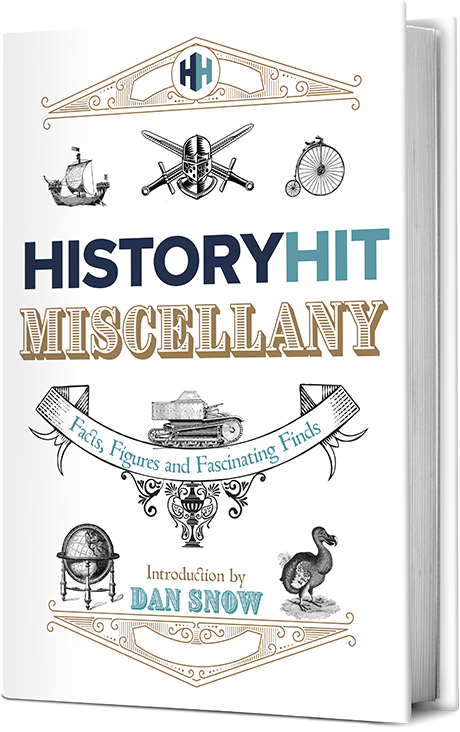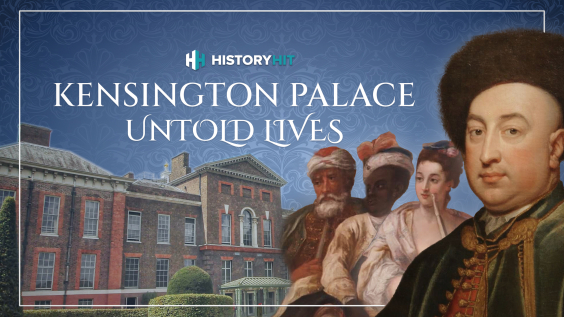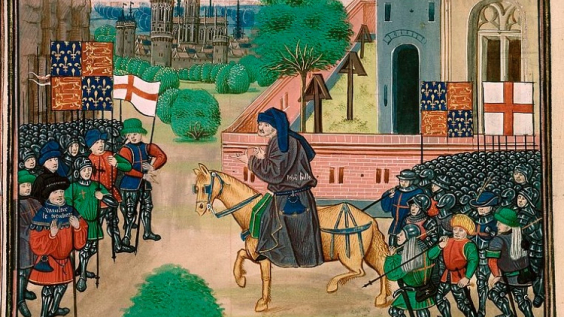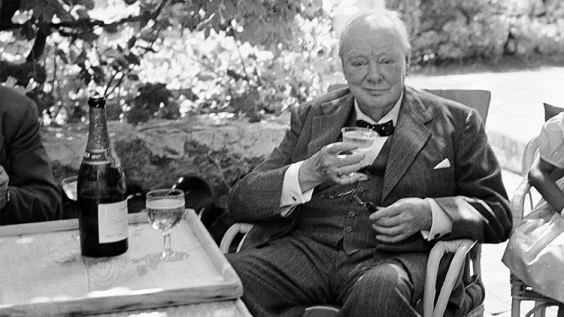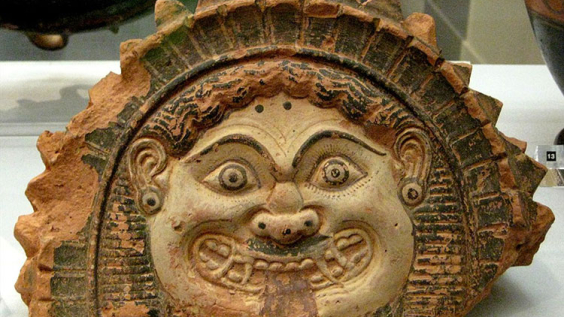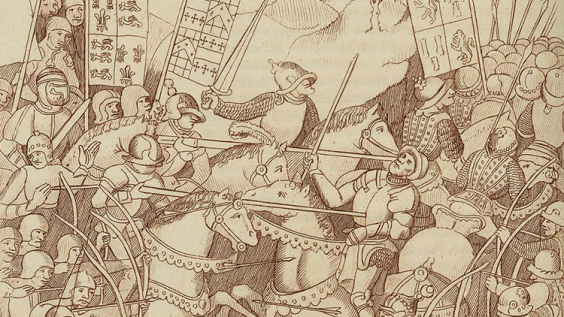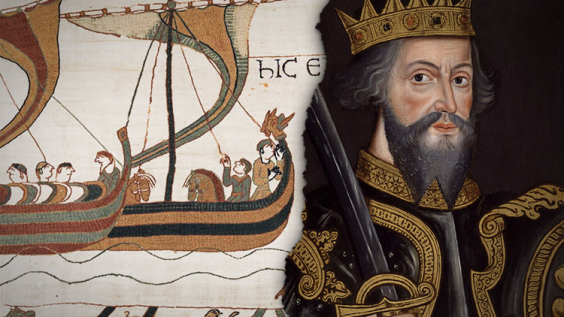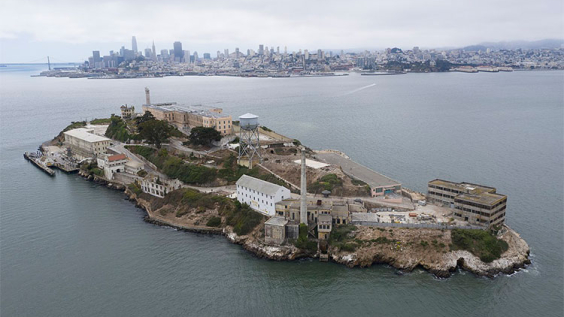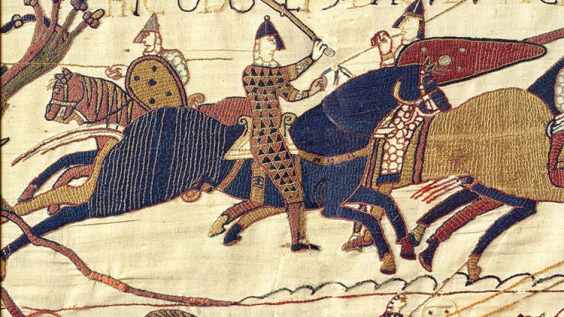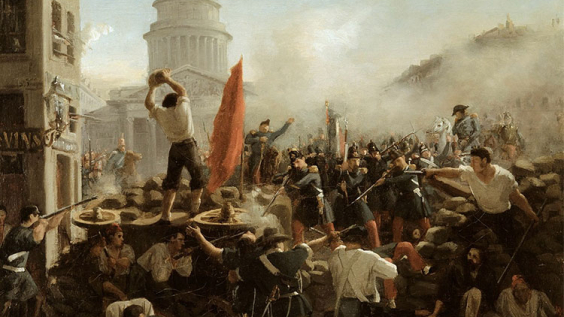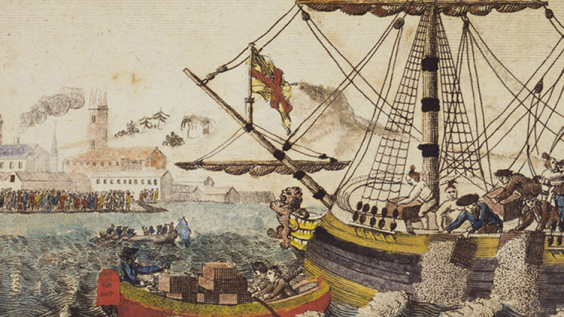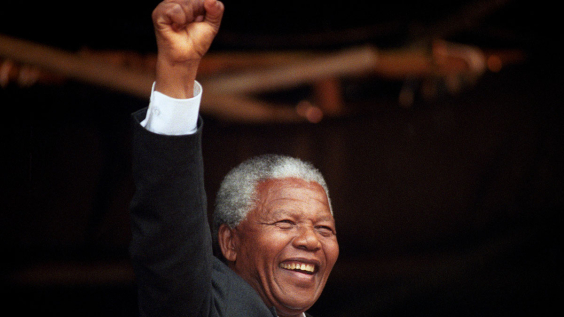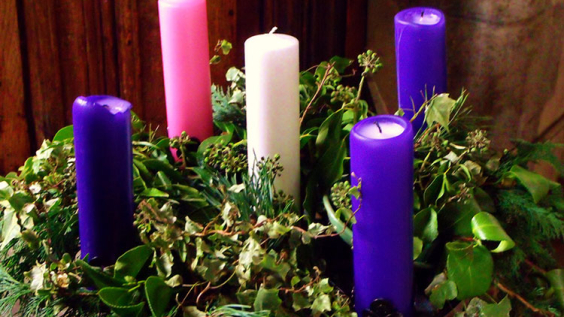
The 1960 presidential election was not decided by one event, tactic or blunder. John Kennedy’s selection of Lyndon Johnson as Vice President, his convincing rebuttals to attacks on his religion, inexperience and health, and Republican errors all had a substantial bearing on the outcome.
However, Kennedy won above all because he was Nixon’s equal in substance and superior in style. As the first absolutely media-conscious and heavily-marketed presidential candidate, Kennedy was able to impress upon the nation the idea that it had entered a new epoch and that he was its ideal leader.
Daddy’s money
Kennedy’s path to power was smoothed by his father’s money and influence. As a precocious young politician he never had to court sponsors, and was able to completely outspend his opponents in regional elections.
On the national stage this advantage was a less pronounced, but Joe Kennedy was still able to bankroll the campaign and effect proceedings from the fringes.
The Catholic question
Criticism of Kennedy’s religion was a persistent thorn in his side. Indeed, Robert Dallek attributes the fine margin of victory in the latter to, ‘an unyielding fear of having a Catholic in the White House’.
Certainly the idea that a president could have a salient, ‘praemunire’ allegiance to the Vatican was anathema to many Americans. Kennedy’s counter-argument, which he deployed to particular effect in the West Virginia primary, was watertight.
By affirming his loyalty to the First Amendment, outlining the fact that his religion had not affected his wartime service and introducing the idea that discrimination against one religion creates a dangerous paradigm, Kennedy demonstrated the frail basis of the attacks.
Smear tactics
Nixon’s was known for running tough, ruthless campaigns, and the Kennedy team anticipated smear tactics. It acted by publishing a ‘Campaign Sourcebook’ – a condensed set of counter-arguments that, together with the issues of experience and religion, also addressed concerns over Kennedy’s health.
On the latter issue Kennedy had also procured the services of two prominent physicians, who issued a statement declaring that he was fully capable of ‘meeting any obligation of the Presidency without the need for special medical treatment’. At best, this obscured the truth.
Lyndon Johnson
Kennedy’s selection of Lyndon Johnson as Vice President anchored significant southern support at the risk of alienating northern liberals. Kennedy moved to recover disenchanted liberal support by courting leading liberals.

L-R: Prime Minister of Greece Konstantine Karamanlis, John F. Kennedy and Lyndon B. Johnson. 20 April 1961.
Eleanor Roosevelt, who had been Kennedy’s most vocal critic after the McCarthy affair, having met with Kennedy, was moved to remark that he ‘really is interested in helping the people of his own country’ and worthy of her support.
It is clear that Kennedy’s initiative substantially improved his electability, but it is often the case in elections that error rather than enterprise is the determining factor. In both the nomination and presidential races Kennedy benefited from blunders and tactical misjudgements of his opponents.
In the nomination race he was helped by Johnson’s and Stevenson’s sleeping candidacies, for he was able to use momentum gathered in the primaries to secure a first-ballot victory and kill their chances.
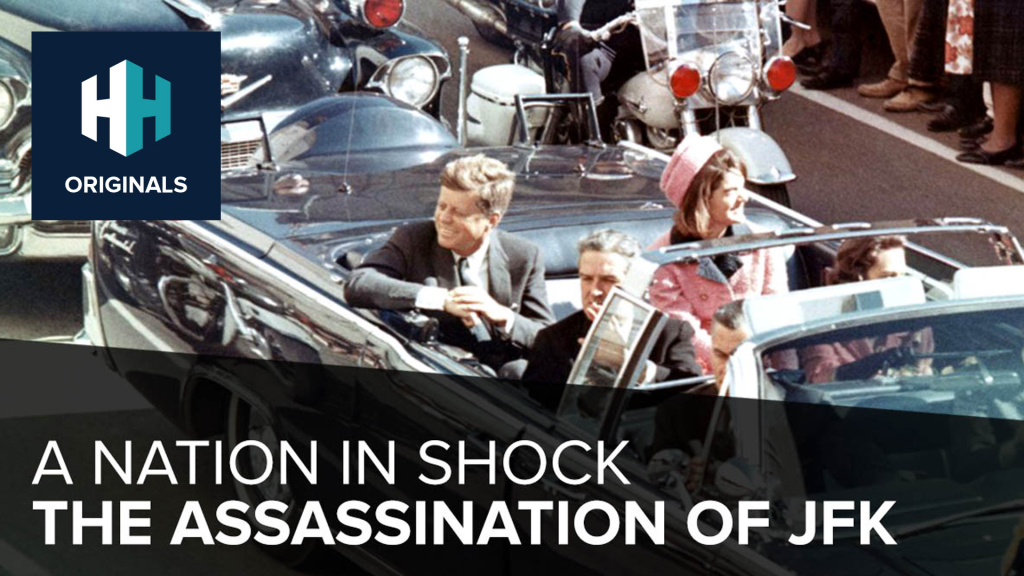 Watch Now
Watch NowIn the presidential race it must be noted that from the outset Nixon was working from a position of relative weakness. As the establishment’s candidate he had to face up to criticism over the sluggish economy, the communist revolution in Cuba and the U2 incident.
Nixon also hurt his campaign by pledging to visit every state in the Union. By visiting unswayable Republican or Democratic strongholds, he wasted precious time and energy.
Moreover, perhaps the most serious single mistake was Eisenhower’s declaration when asked what Nixon had contributed as VP: ‘If you give me a week I might think of one.’ This was a throwaway comment that was intended to reflect Eisenhower’s fatigue, but it was a gift to the Democratic cause.
The JFK mystique
However, if one is to talk about one single factor that won the election for Kennedy, then one must examine Kennedy’s uniquely captivating and multi-faceted image.
He was a man of literary stature, a Pulitzer Prize winning author. He, like the incumbent president, was a war hero. He was one of a glamorous family, a family that worked with great diligence and evident success to advance his career.

John and Jackie Kennedy in a motorcade in May 1961.
On the family, it is no exaggeration to say that Kennedy symbolised the family more than any other presidential candidate in history. Not only was he the figurehead of a very famous clan, but he also had a young, photogenic family with Jackie Kennedy, a celebrity in her own right.
The first televised debate gave Kennedy’s image massive exposure. Up to the 1st December doubts about his experience had threatened to destroy his campaign, but the debate came to undermine Nixon’s superiority and allay doubts about Kennedy’s character.
The statistics indicate its significance – a Gallup poll from September put Nixon leading by a point (47-46), but a post-debate poll saw Kennedy leading by 3 (49-46).
The debate lacked substantive discussion, so the audience’s response was based primarily on cosmetics and style. In this respect Kennedy was the clear winner – his crisp dark suit stood out on the screen, and his tanned complexion gave an impression of health and vigour opposite the grey-suited, perspiring Vice President.
In summary
Arthur Schlesinger Jr. claimed that the central issue for Kennedy’s 1960 campaign was ‘a new epoch.’ He was right.
Many Americans were willing to believe in a man who could get the country moving again and confront the changing world, and on a number of fronts Kennedy resonated with this will.
His youth – he was the first president born in the 20th century, and the youngest up to that point. Together with his glamour and style, he created an irresistible allure that supplemented his significant political skill and resources.
His 1960 election victory ushered in a new breed of politics focused around image and presentation. This legacy indicates that Kennedy’s victory was attributable in significant measure to his unique and captivating style.
 Listen Now
Listen Now
